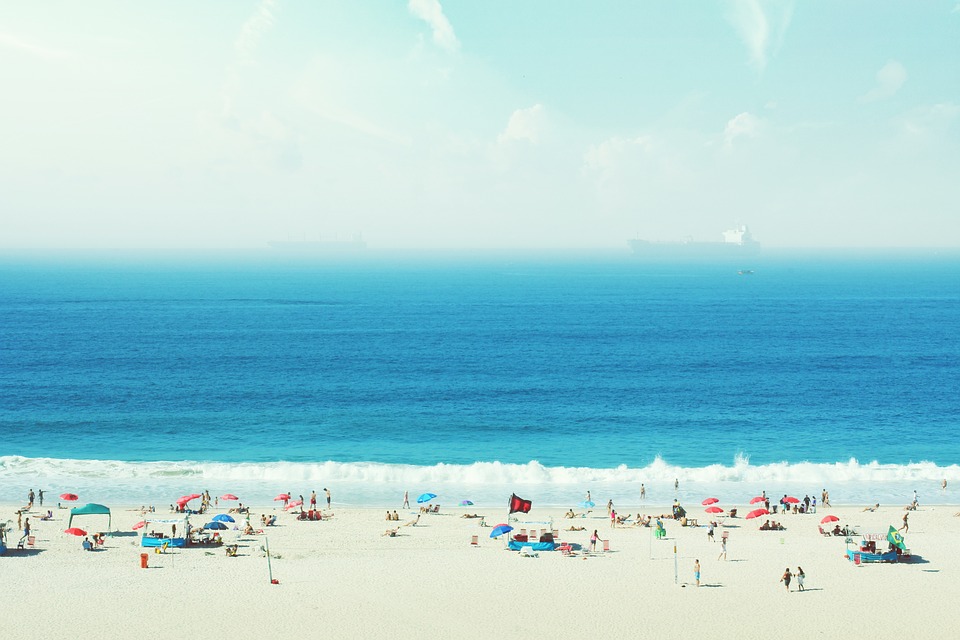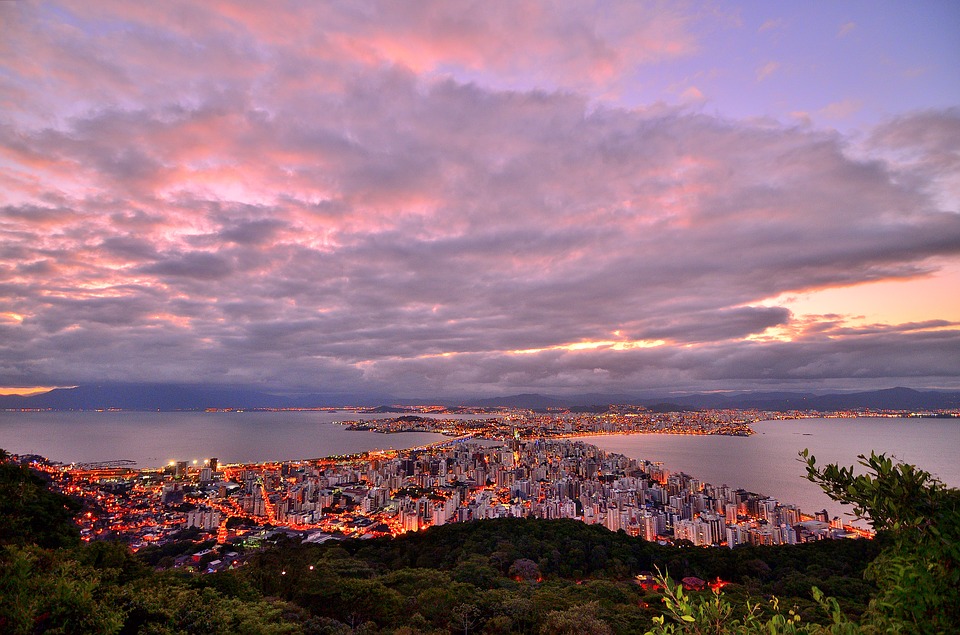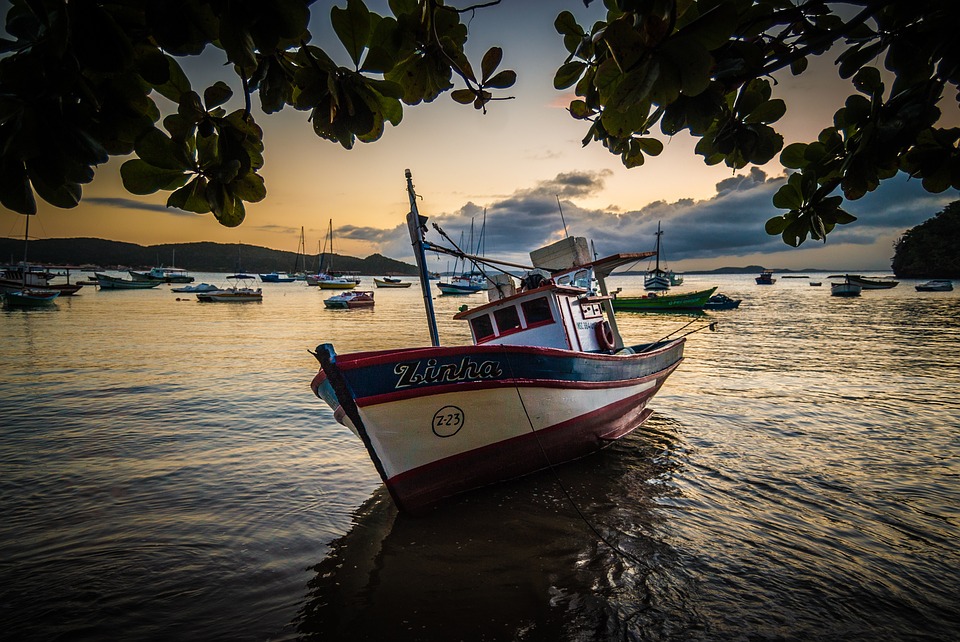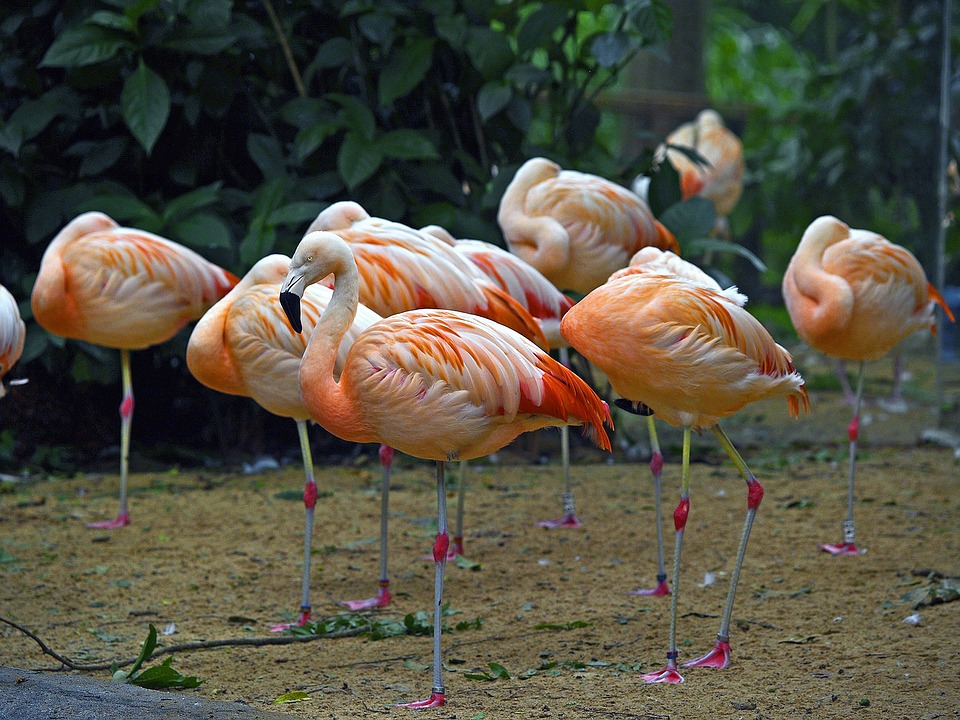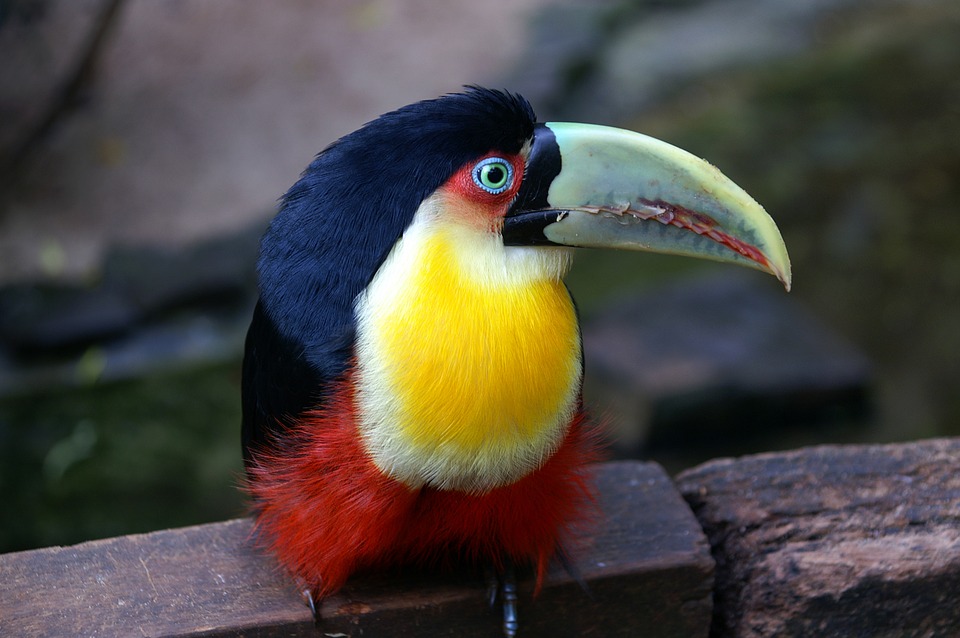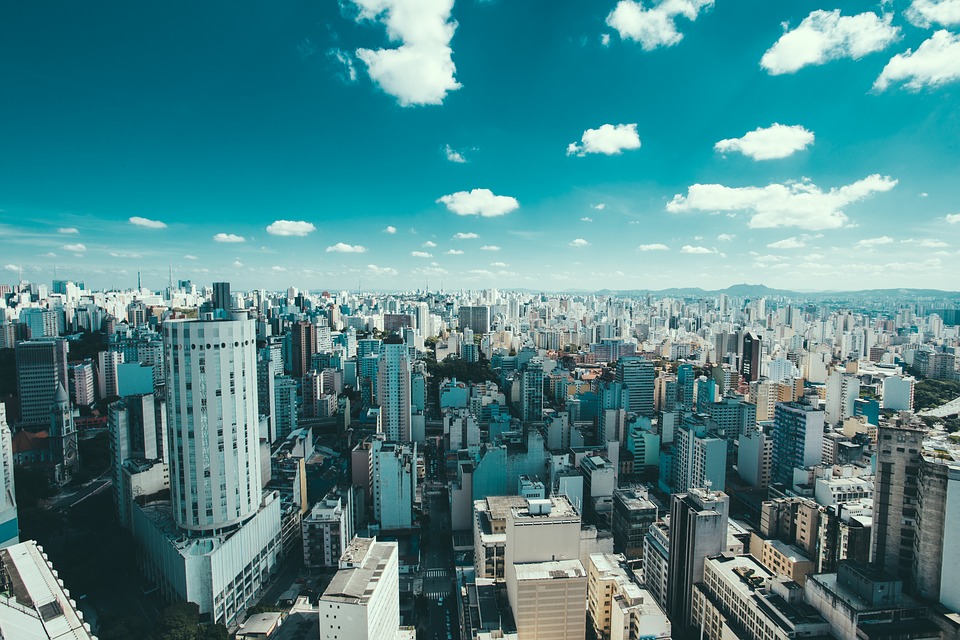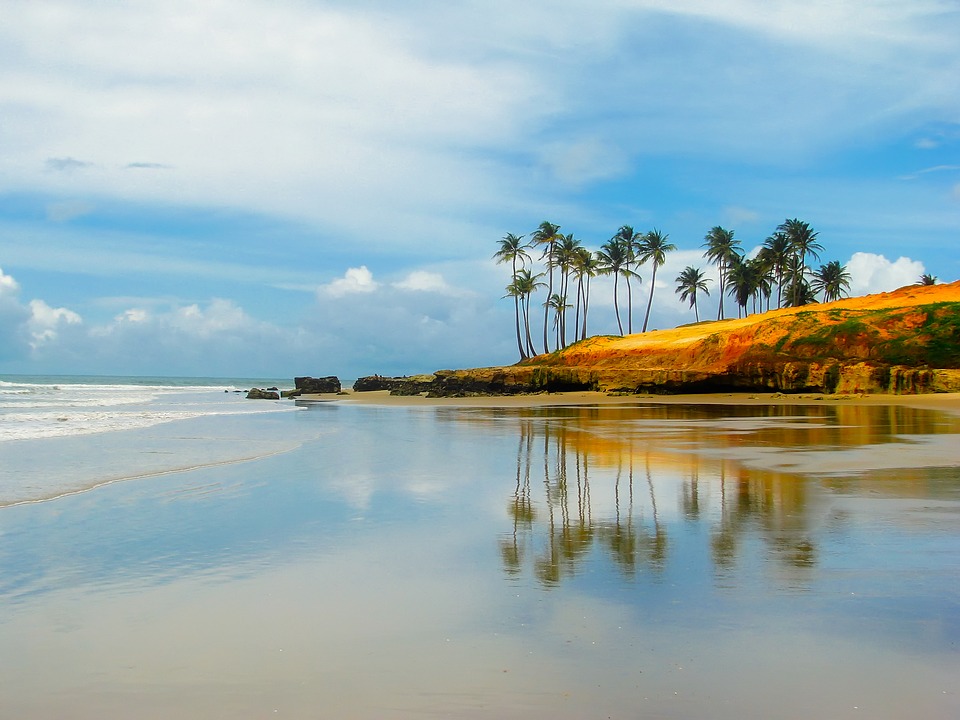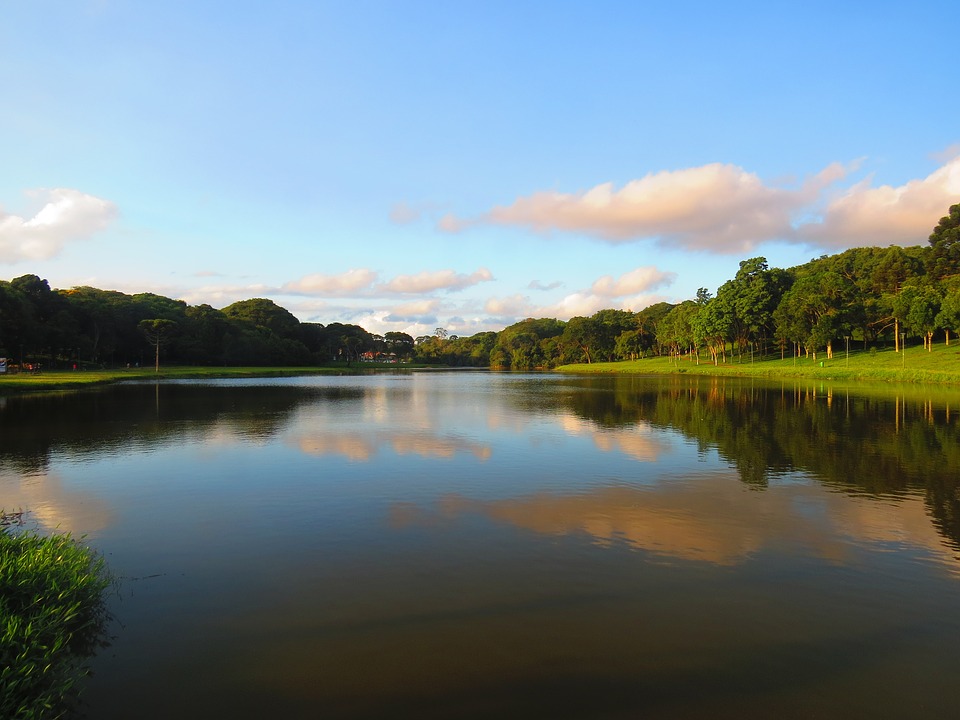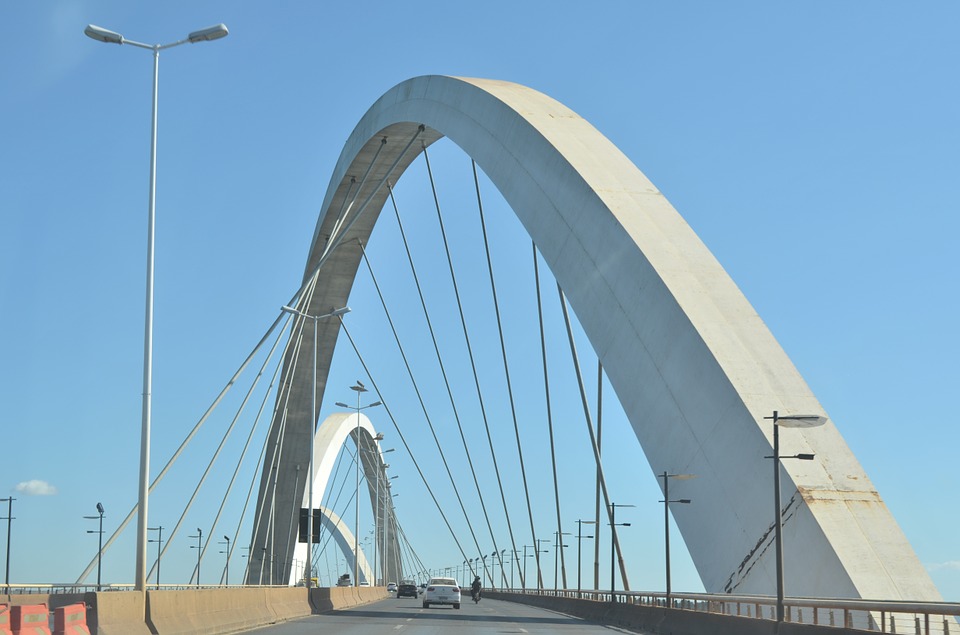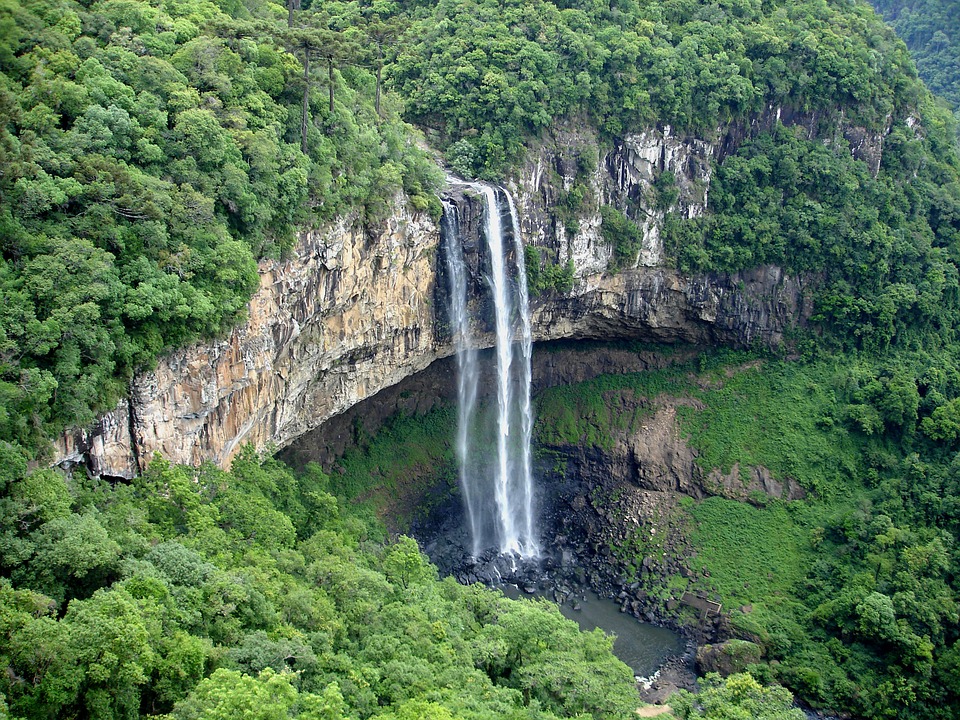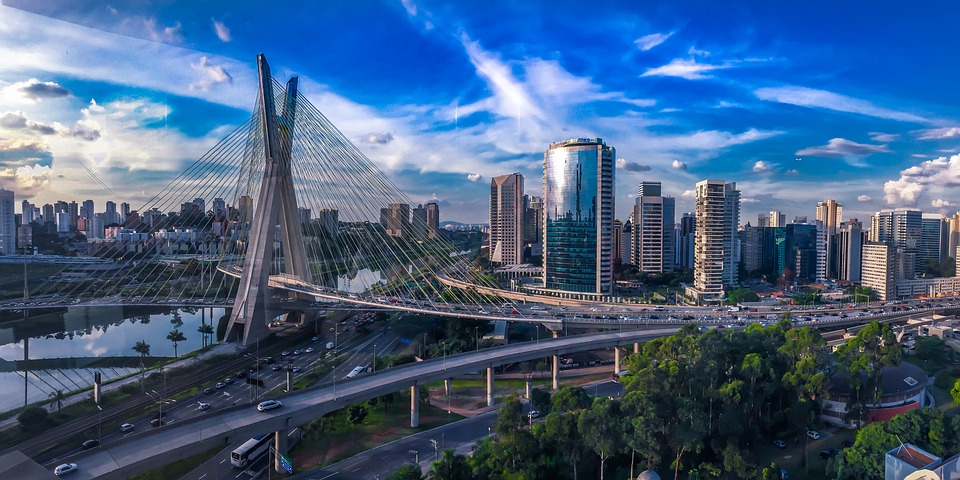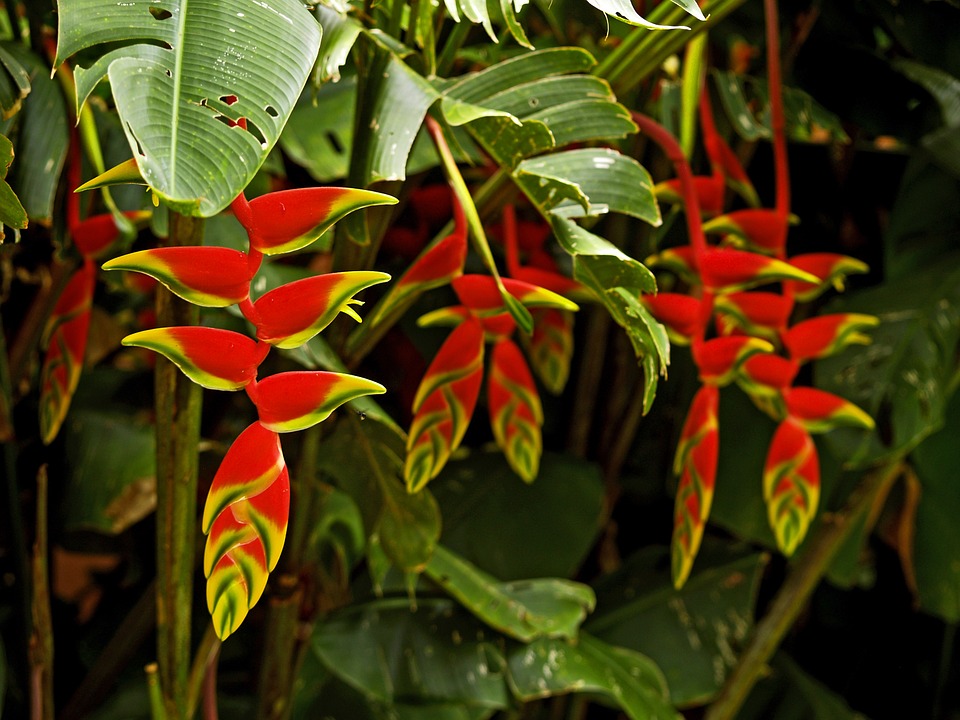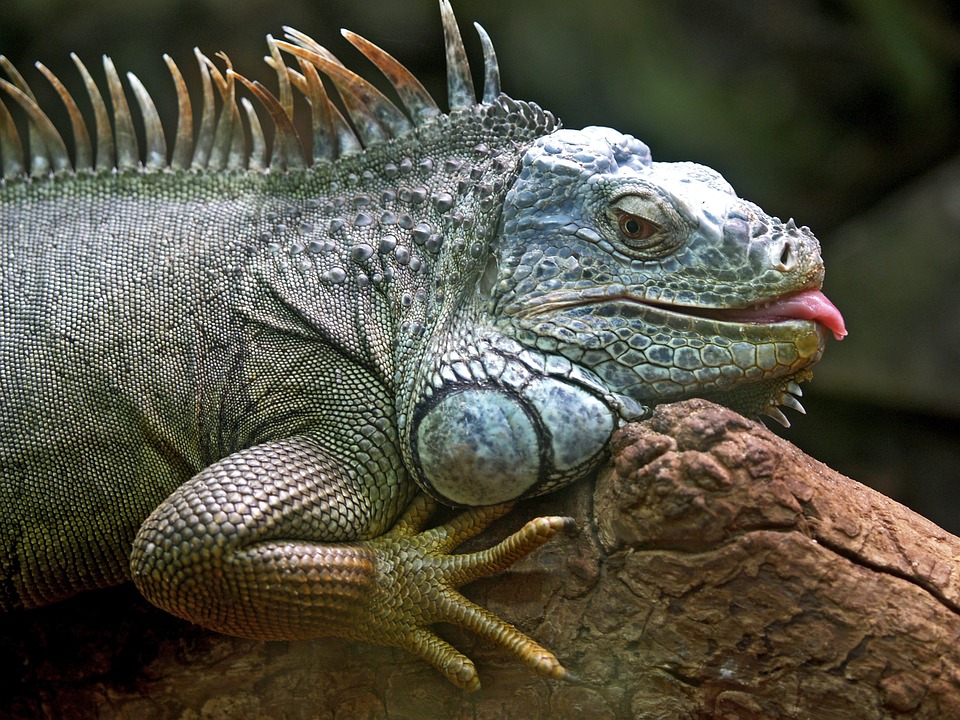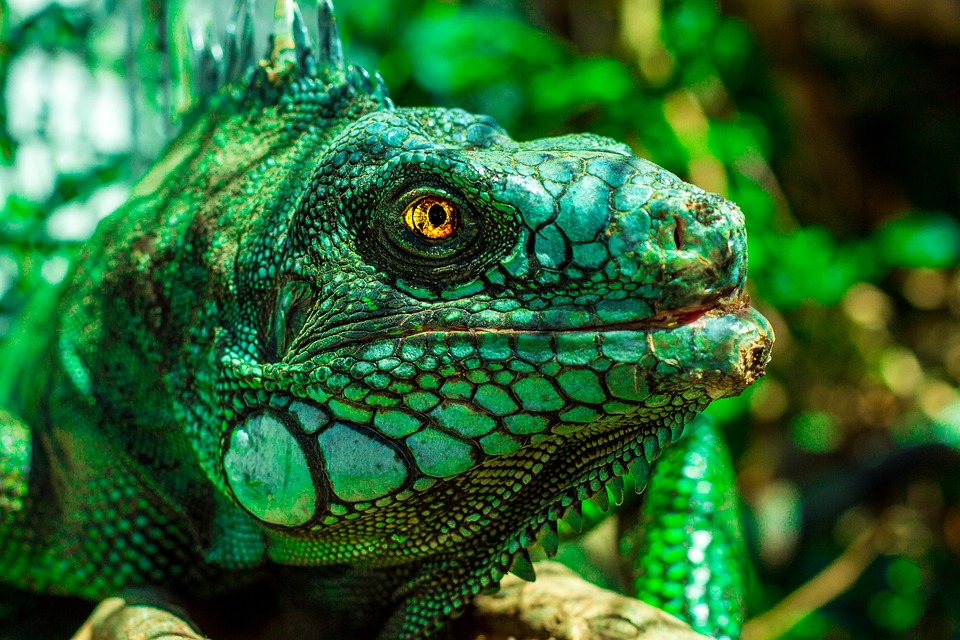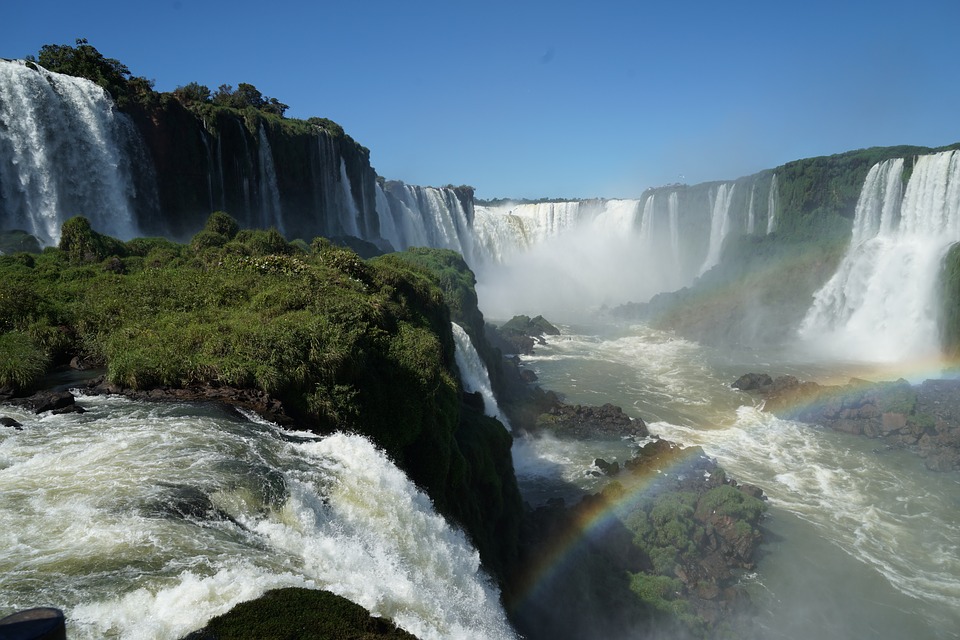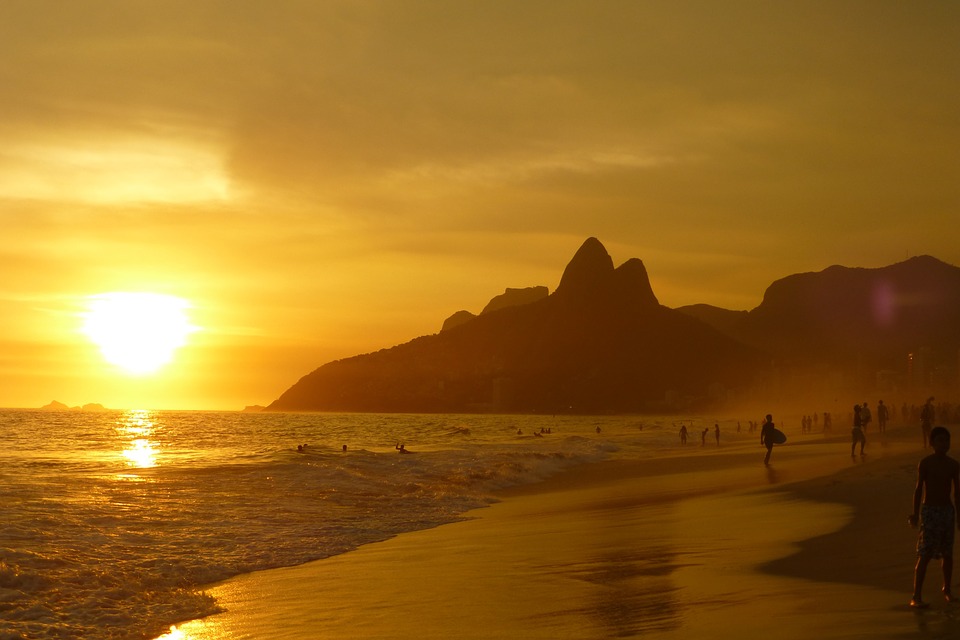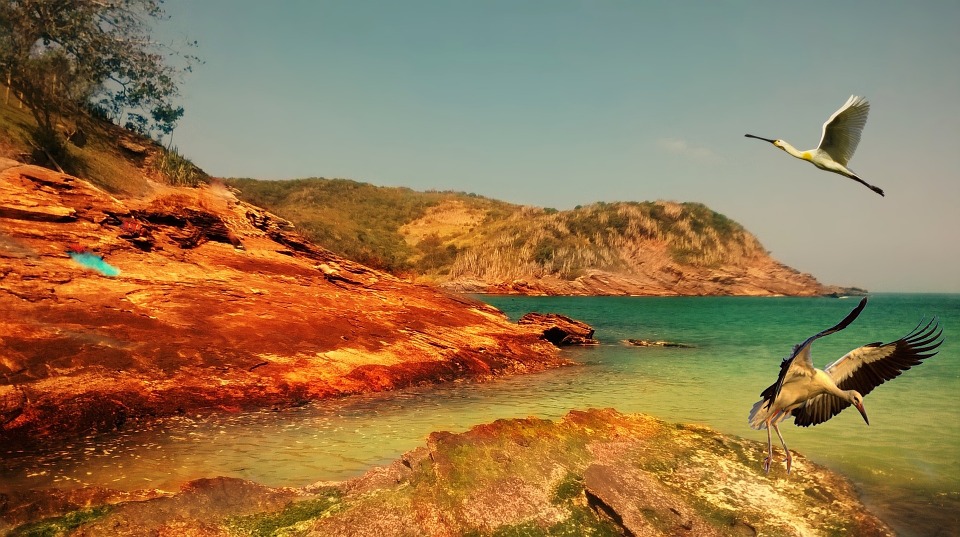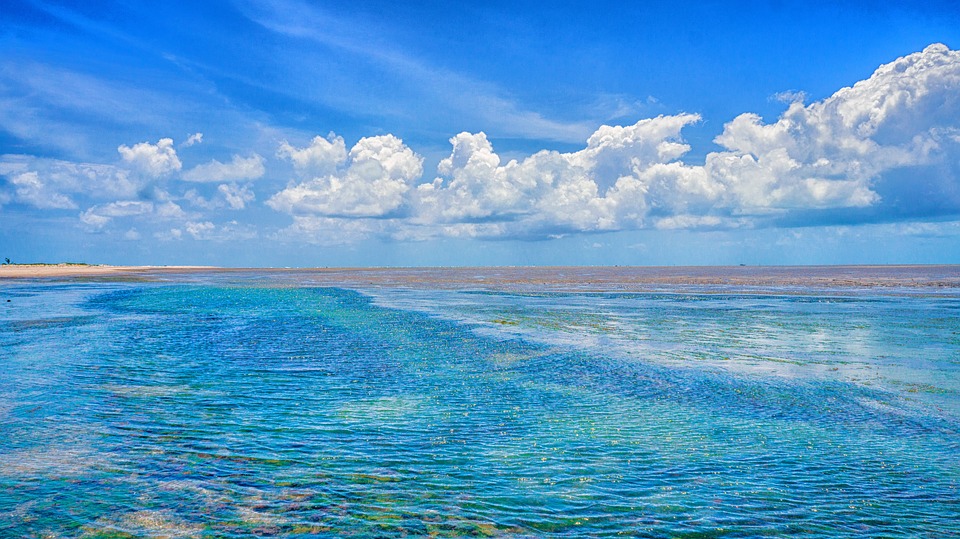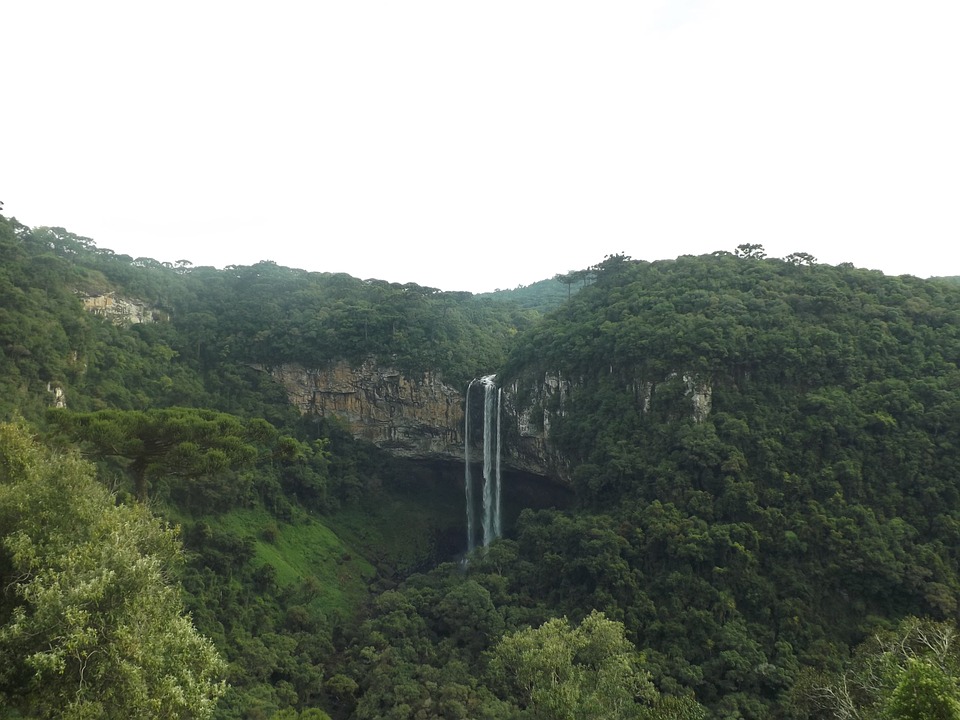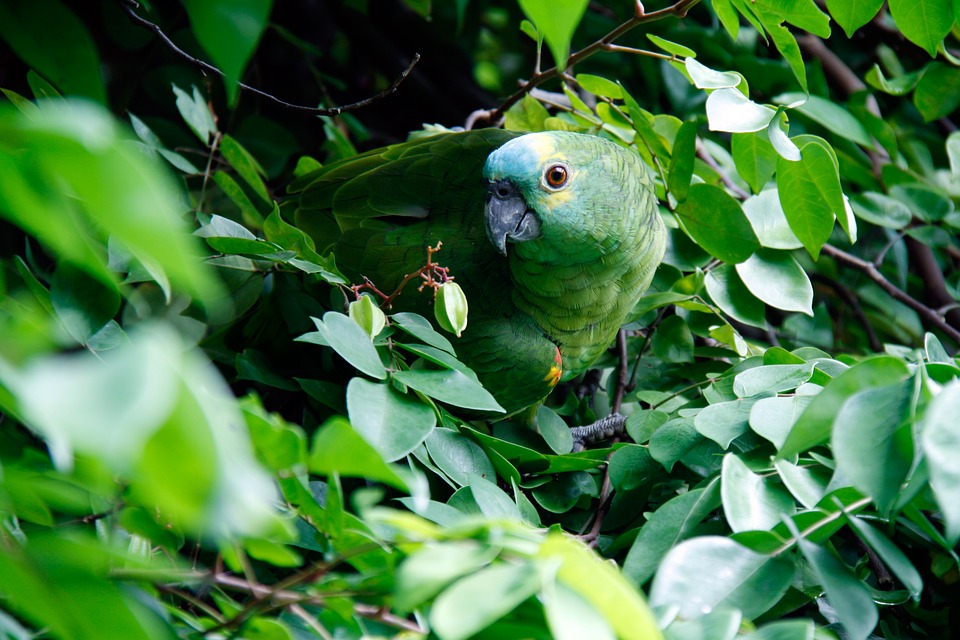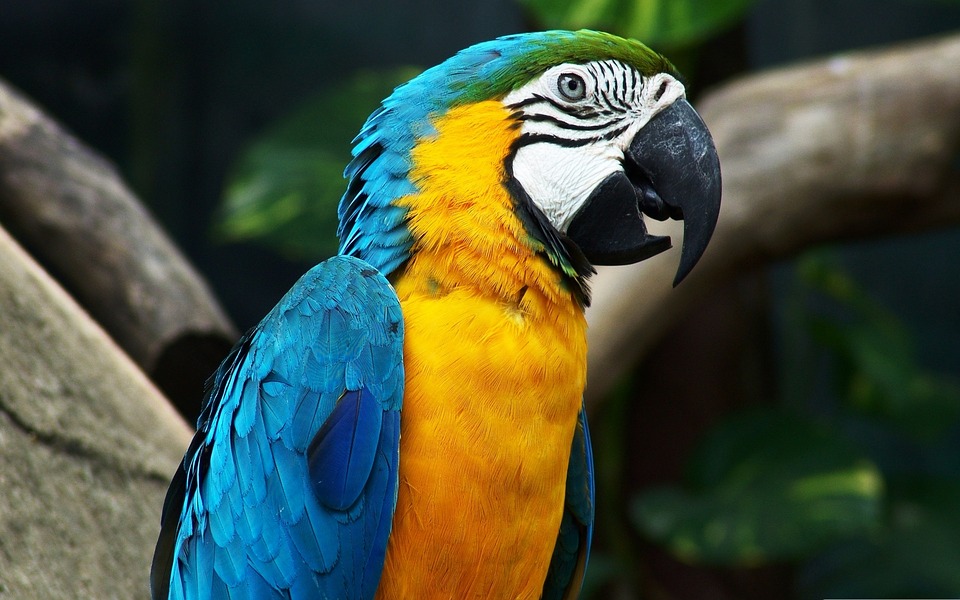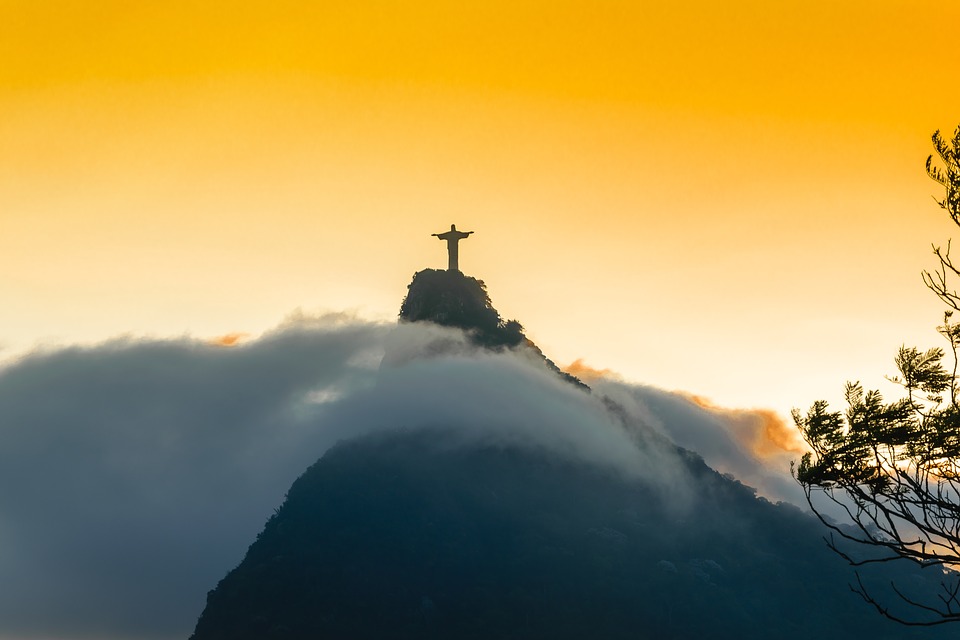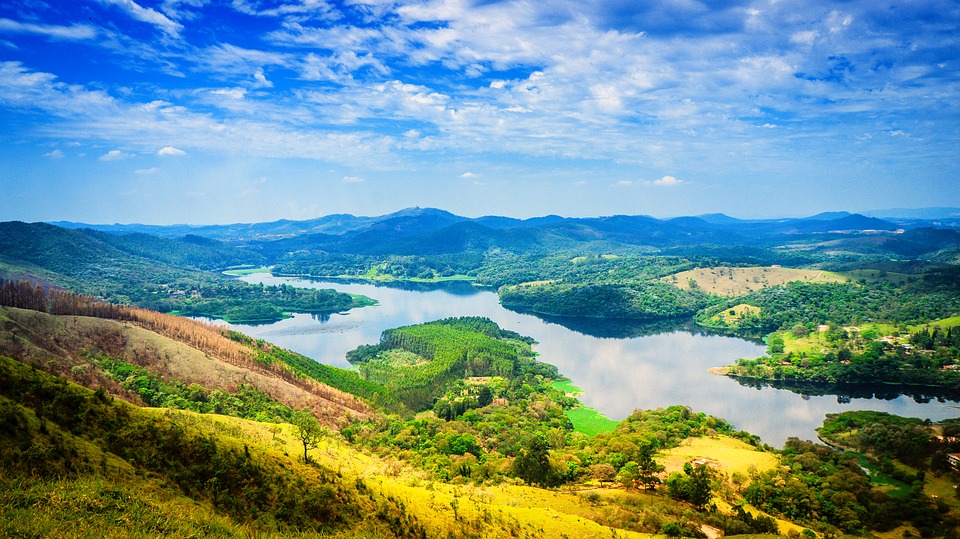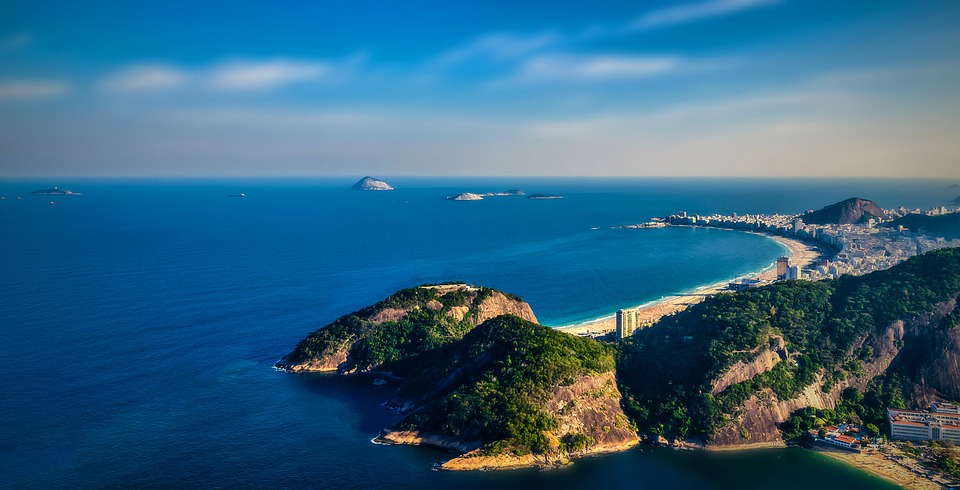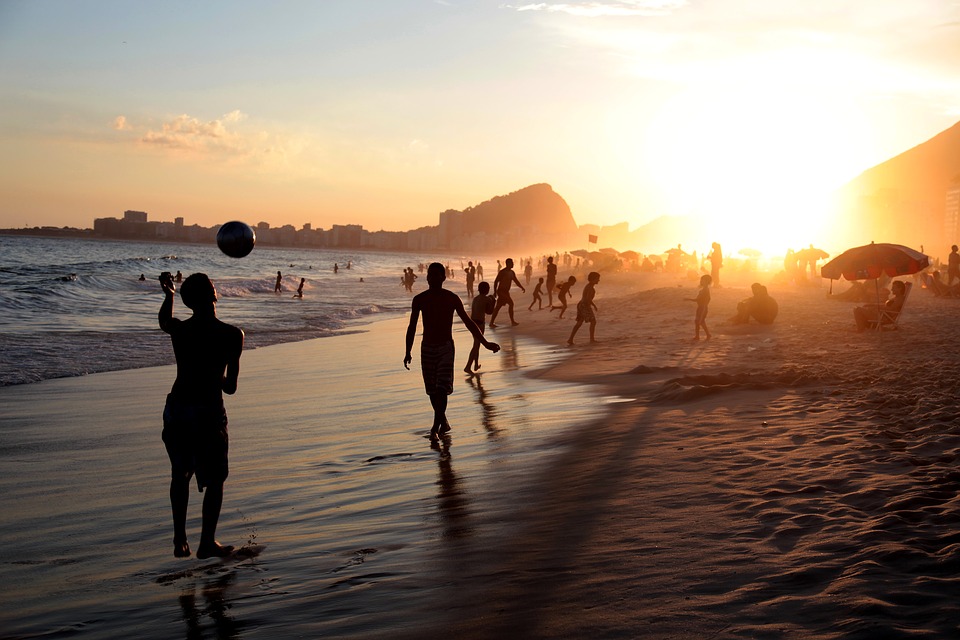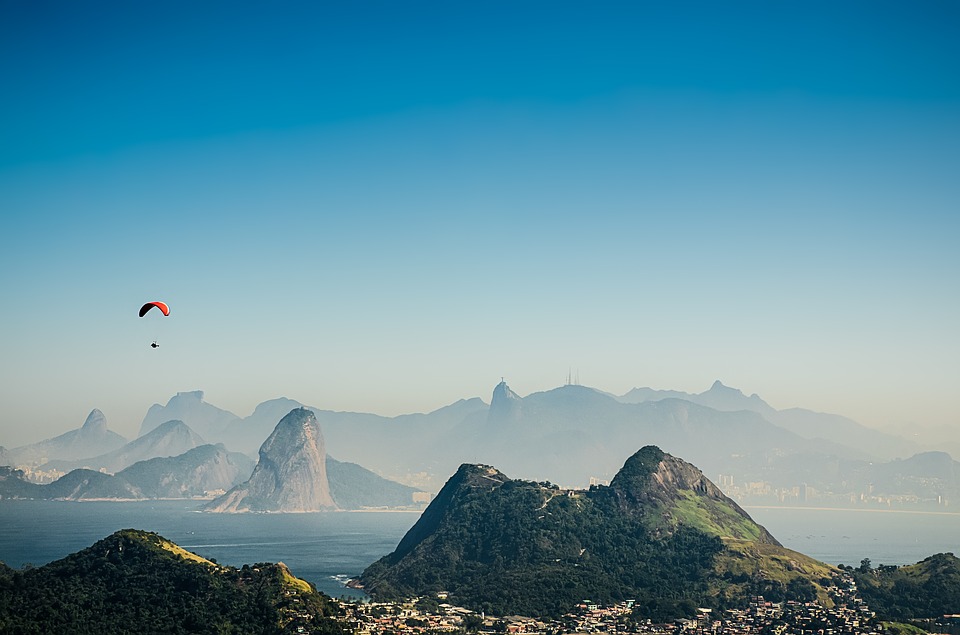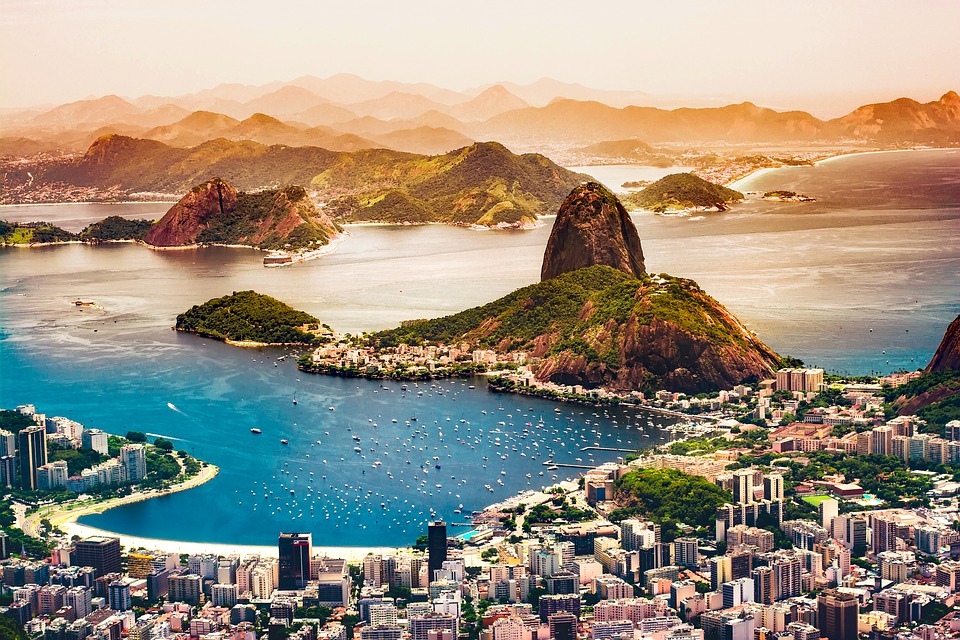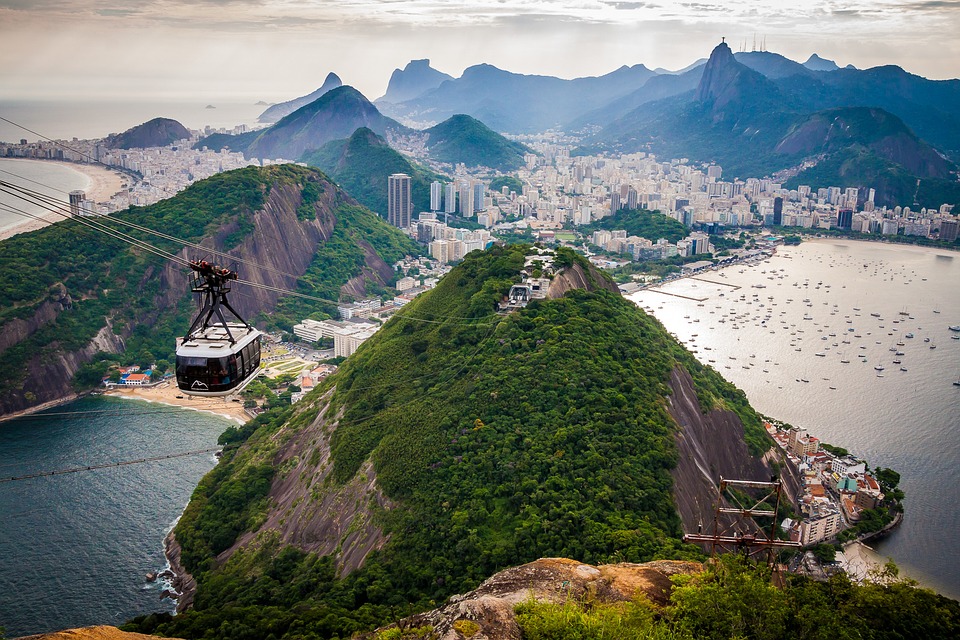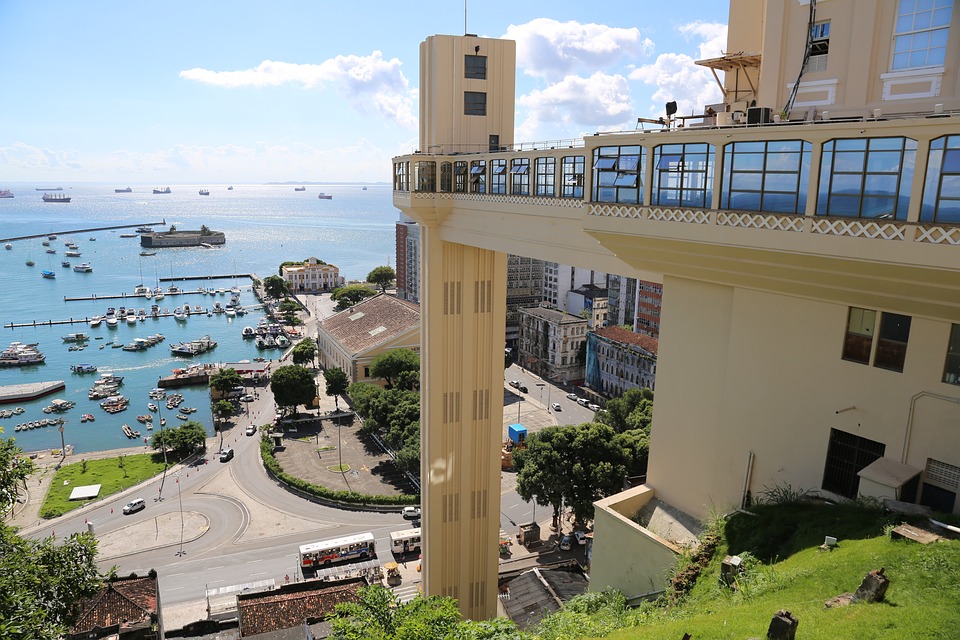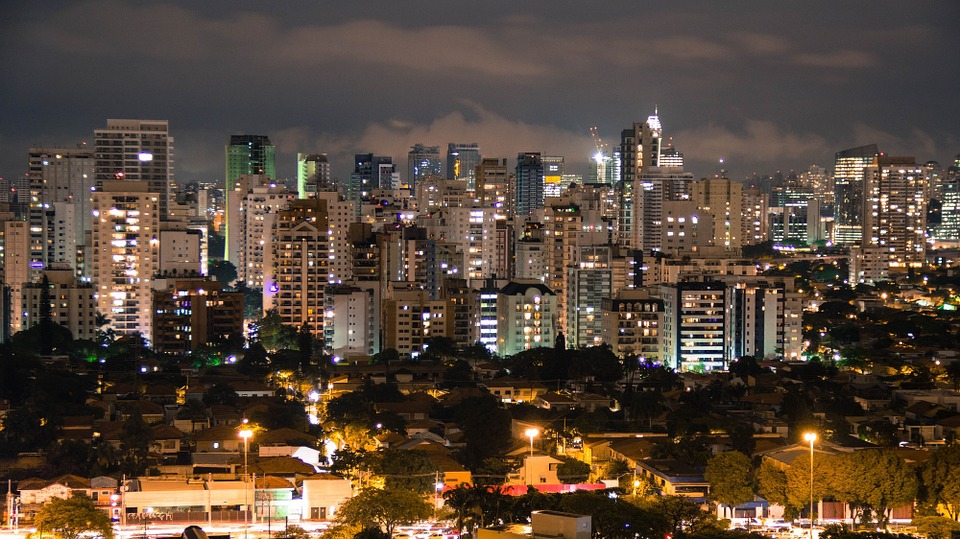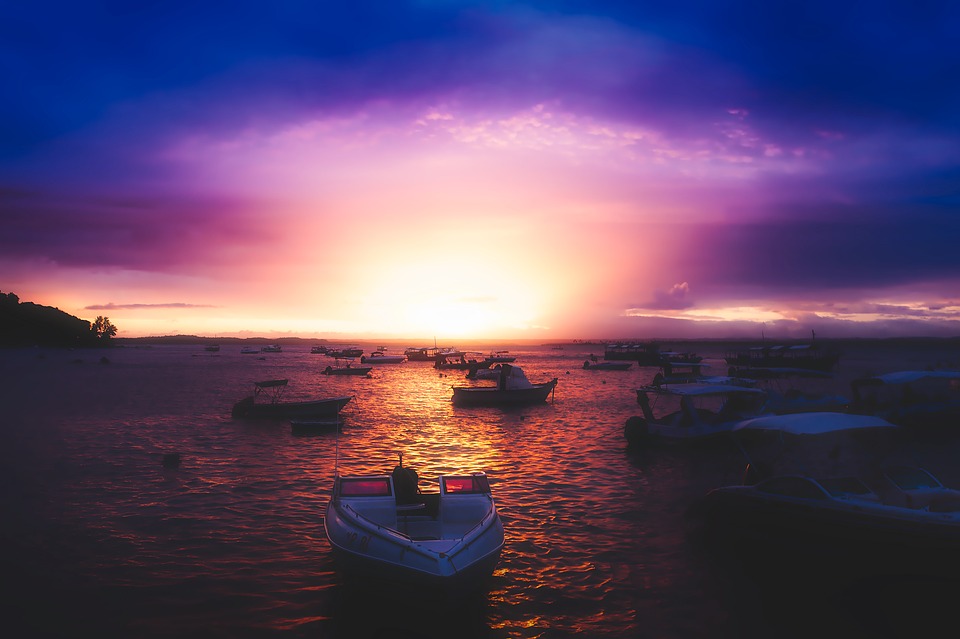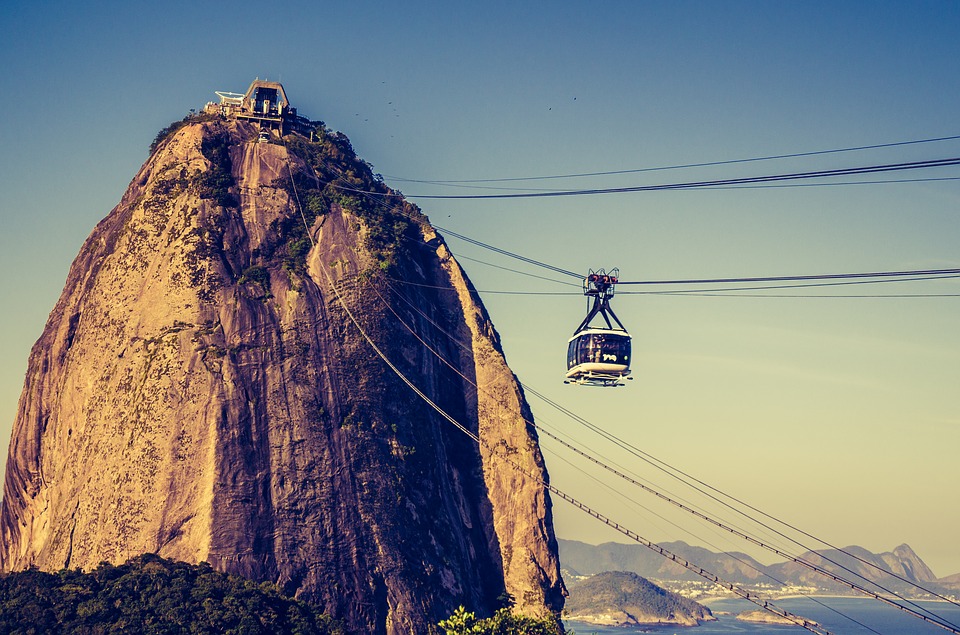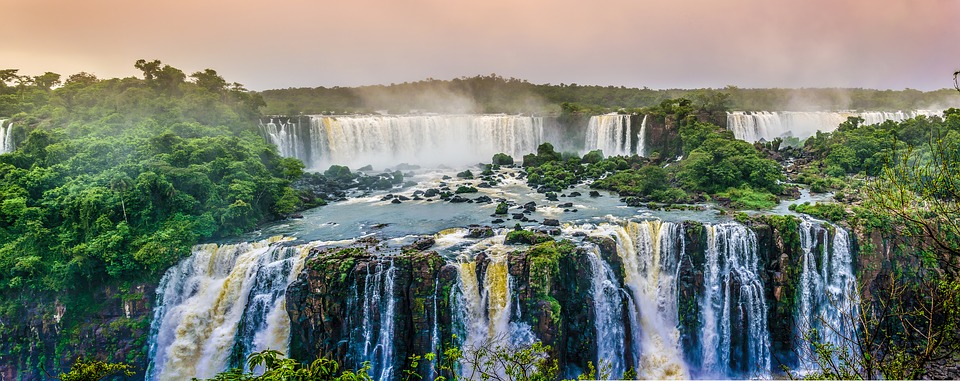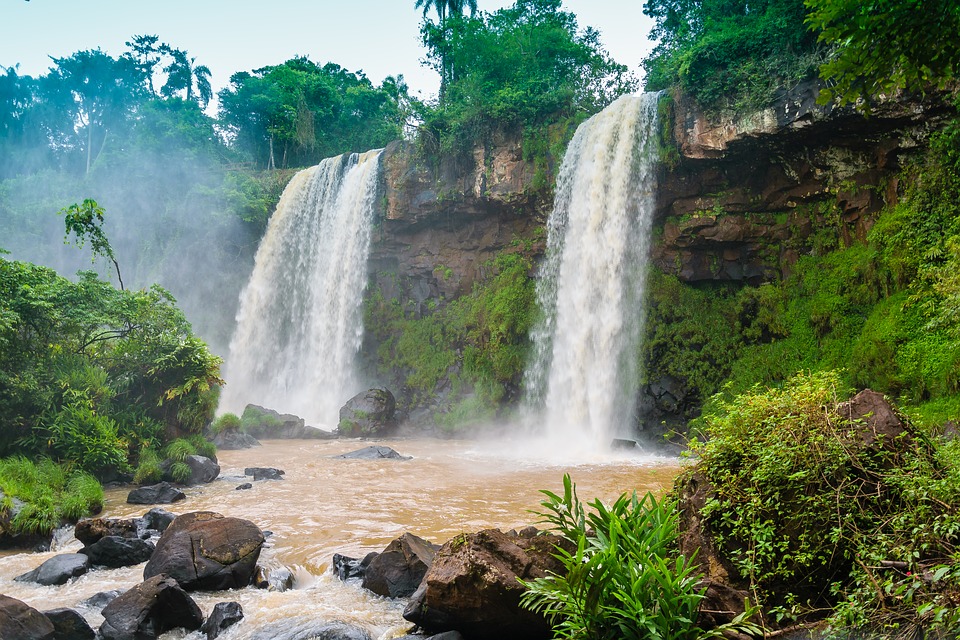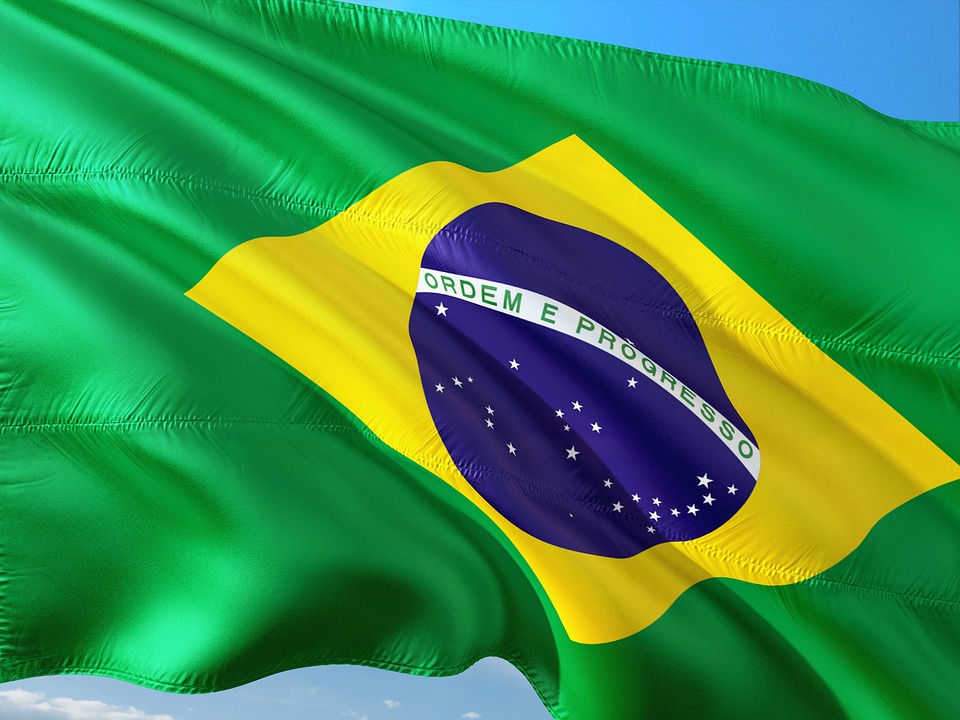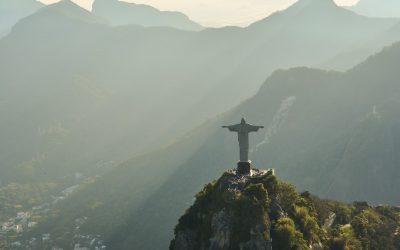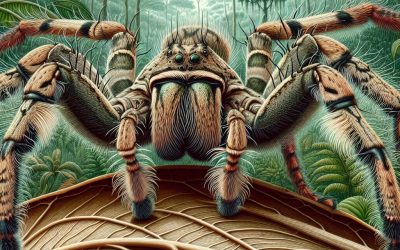Brazil
(República Federativa do Brasil (Federative Republic of Brazil))

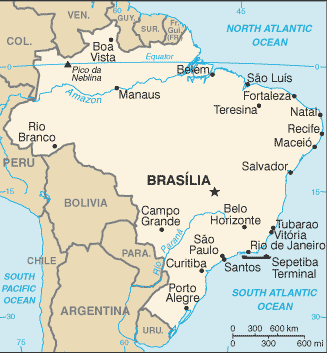
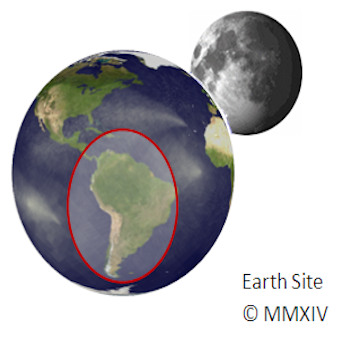
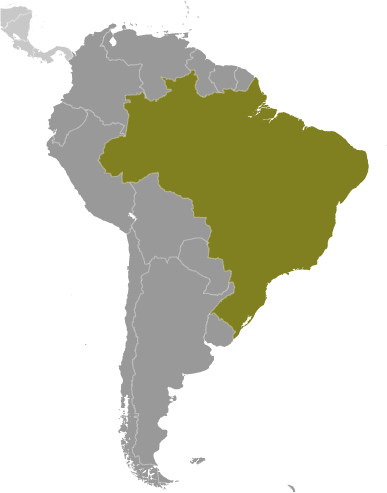
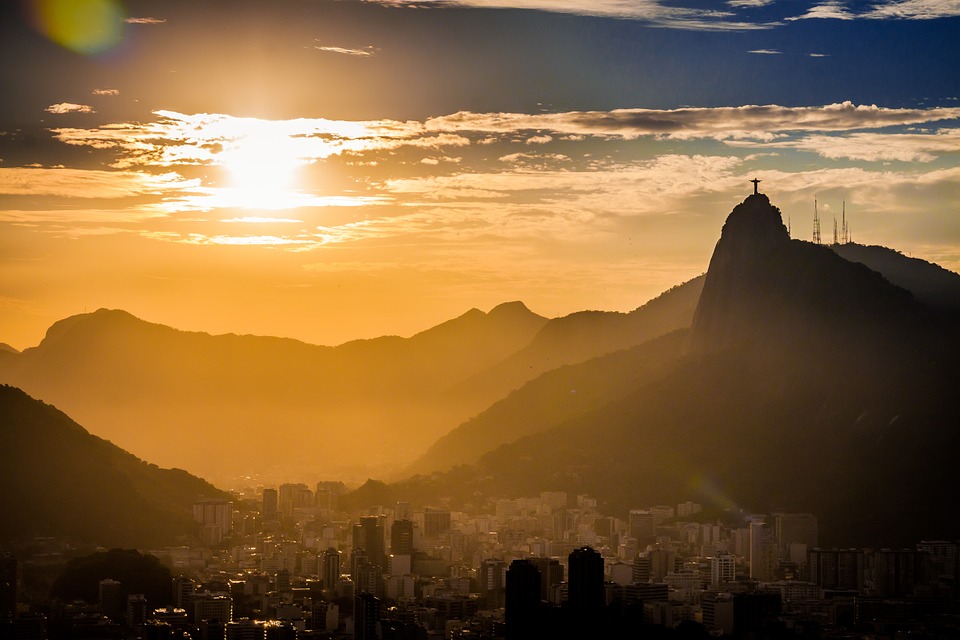
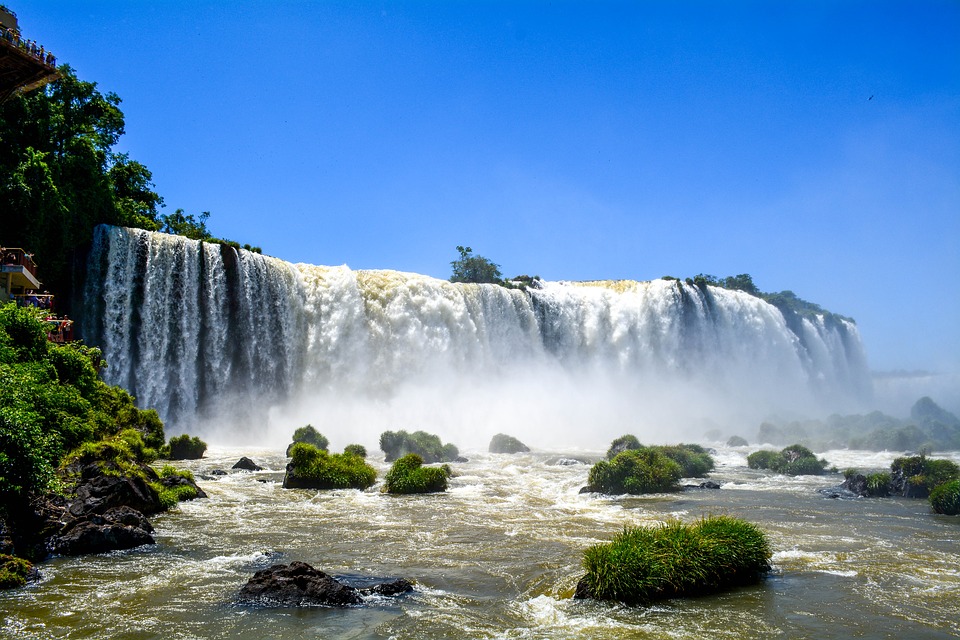
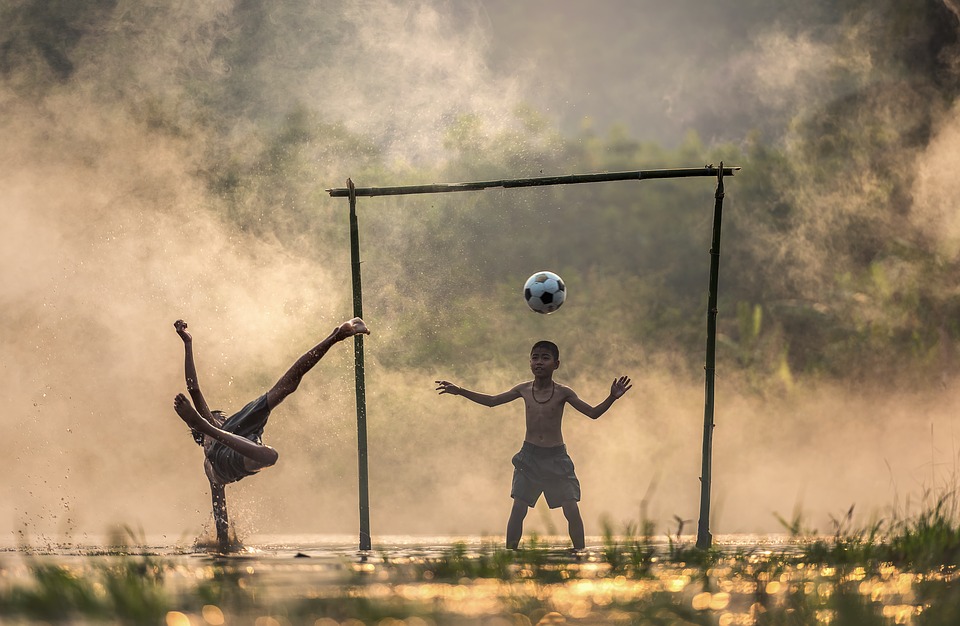
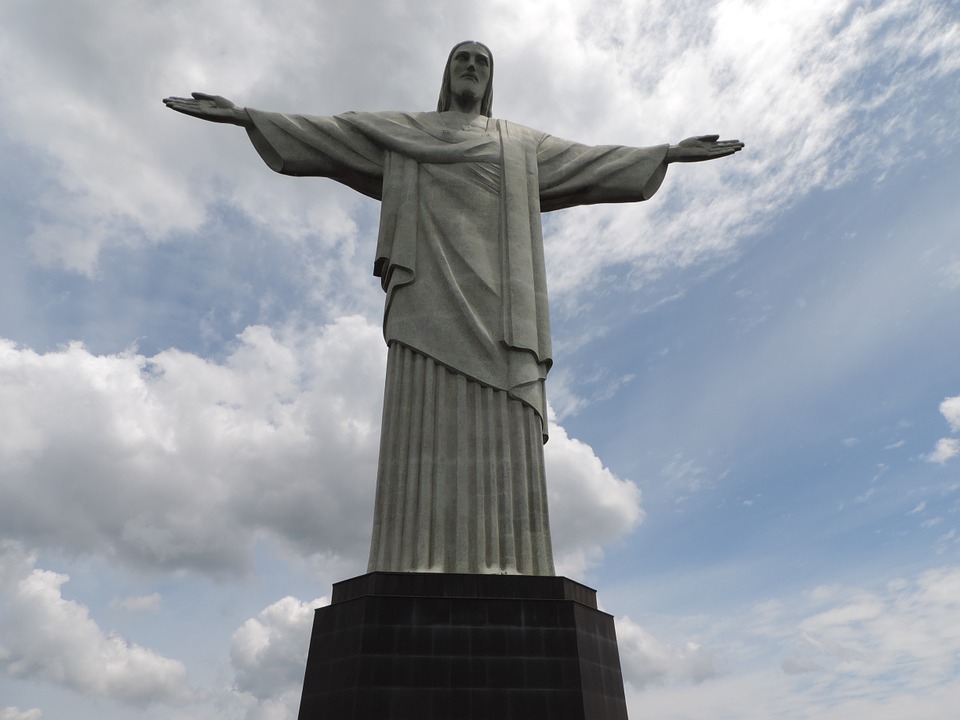
Capital of Brazil : Brasília
Population (Estimated July 2012): 205,716,890
Area: 8,514,877 km2 or 3,287,612 mi2
Currency: Real (R$; plural Reais)
Official Language: Portuguese
Political Information: Federal Presidential Constitutional Republic
Official Religion: No Official Religion (approximately 75%of the population are Roman Catholic)
Highest Mountain: Pico da Neblina (Fog Peak) at 2,994m or 9,823ft
GDP Official Exchange Rate (OER is more precise at gauging a countries economic power)
(Estimated 2011): $2.518 trillion (US$) or £1.51 trillion (GBP)
GDP (OER) Per Capita (per member of the population estimated 2011): (US$) or (GBP)
GDP Purchasing Power Parity (PPP is good for gauging living conditions and use of resources but not as accurate as OER. This data has been calculated based on the sum value of all goods and services produced in the country valued at prices prevailing in the United States)
(Estimated 2011): $2.309 trillion (US$) or £1.385 trillion (GBP)
GDP (PPP) Per Capita (per member of the population estimated 2011): $11,600 (US$) or £6,960 (GBP)
Time Zone GMT (UTC): -3:00
Counties/Provinces/States: 26 states (estados, singular – estado) and 1 federal district* (distrito federal); Acre, Alagoas, Amapa, Amazonas, Bahia, Ceara, Distrito Federal*, Espirito Santo, Goias, Maranhao, Mato Grosso, Mato Grosso do Sul, Minas Gerais, Para, Paraiba, Parana, Pernambuco, Piaui, Rio de Janeiro, Rio Grande do Norte, Rio Grande do Sul, Rondonia, Roraima, Santa Catarina, Sao Paulo, Sergipe, Tocantins
Leaders: President is Dilma Rousseff and Michel Temer as Vice President.
Sources: CIA World Fact Book, Encyclopaedia Britannica.
Brazil, located in South America, is the largest country on the continent and the fifth largest in the world. It spans over 8.5 million square kilometres and has a population of approximately 211 million people. Brazil is known for its vibrant culture, stunning natural landscapes, and emerging economy. It is a country of great importance in South America and the world.
Brazil’s Rich Cultural Heritage and Diversity
Brazil’s culture is a melting pot of influences from its indigenous people, Portuguese colonizers, African slaves, and immigrants from Europe, Asia, and the Middle East. This rich blend of cultures has shaped Brazilian traditions, art, music, and literature.
Brazilian art is diverse and reflects the country’s cultural heritage. From indigenous art to modernist movements like Tarsila do Amaral’s Anthropophagy, Brazilian art showcases a unique fusion of styles and themes. Brazilian music is also incredibly diverse, with genres such as samba, bossa nova, and forró gaining international recognition. Brazilian literature has produced renowned authors like Machado de Assis and Clarice Lispector, whose works explore themes of identity, race, and social inequality.
Brazil’s Natural Wonders: From the Amazon to the Beaches
Brazil is home to a wide range of ecosystems, making it one of the most biodiverse countries in the world. The Amazon rainforest is the largest tropical rainforest on Earth and plays a crucial role in regulating the planet’s climate. The Pantanal wetlands are another natural wonder, known for their incredible biodiversity and stunning landscapes.
Brazil’s coastline stretches for over 7,000 kilometres and boasts some of the most beautiful beaches in the world. From Copacabana in Rio de Janeiro to Praia do Forte in Bahia, Brazil offers a variety of beach destinations for tourists to enjoy.
Preserving Brazil’s natural resources is of utmost importance. Deforestation in the Amazon and pollution in the oceans are major challenges that need to be addressed. Sustainable development and conservation efforts are crucial to ensure the preservation of Brazil’s natural wonders for future generations.
Brazil’s Economy: Emerging Markets and Growing Industries
Brazil has the largest economy in South America and is considered one of the world’s emerging markets. It has a diverse economy, with major industries including agriculture, manufacturing, mining, and services.
Brazil is a major player in the global economy, being one of the largest producers and exporters of agricultural products such as soybeans, coffee, and beef. It is also a leading producer of iron ore and has a growing manufacturing sector.
However, Brazil faces challenges such as income inequality, corruption, and an outdated infrastructure. To overcome these challenges, Brazil needs to invest in education, innovation, and infrastructure development. By doing so, Brazil can continue to grow and attract foreign investment.
Brazilian Cuisine: A Fusion of Flavours and Influences
Brazilian cuisine is a reflection of the country’s diverse cultural heritage. It combines indigenous ingredients with Portuguese, African, and immigrant influences.
Feijoada is one of Brazil’s most famous dishes, a hearty black bean stew with pork. Other popular dishes include acarajé (deep-fried balls of black-eyed pea dough filled with shrimp), pão de queijo (cheese bread), and brigadeiro (chocolate truffles).
Brazilian cuisine also includes a variety of tropical fruits such as açaí, guava, and passion fruit. These fruits are often used in juices, desserts, and cocktails.
Food plays an important role in Brazilian culture, with meals being a time for family and friends to come together. Barbecues, known as churrascos, are a popular social gathering where people enjoy grilled meats and traditional side dishes.
Brazil’s Festivals and Celebrations: Carnivals, Football and More
Brazil is famous for its vibrant festivals and celebrations. The most well-known is the Rio Carnival, a week-long extravaganza of music, dance, and elaborate costumes. The carnival attracts millions of tourists from around the world who come to experience the energy and excitement of the event.
Football is another major celebration in Brazil. The country has a deep passion for the sport, and football matches are a time for people to come together and support their favourite teams. The Maracanã Stadium in Rio de Janeiro is one of the most iconic football stadiums in the world.
Other festivals celebrated in Brazil include Festa Junina, a traditional celebration of rural life with music, dance, and food; and Bumba Meu Boi, a folk festival that tells the story of a resurrected ox.
These festivals and celebrations are not only a time for joy and entertainment but also hold cultural significance. They showcase Brazil’s rich traditions and bring people together to celebrate their shared heritage.
Brazil’s People: Warm and Welcoming with a Passion for Life
Brazilian people are known for their warmth, friendliness, and passion for life. They have a strong sense of community and value relationships with family and friends.
Hospitality is an important aspect of Brazilian culture. Visitors are often welcomed with open arms and treated like family. Brazilians are known for their generosity and willingness to help others.
Brazilian values include joy, resilience, and adaptability. Despite facing challenges such as poverty and inequality, Brazilians have a positive outlook on life and find ways to enjoy themselves through music, dance, and social gatherings.
Brazil’s History: From Colonialism to Modernity
Brazil was colonized by the Portuguese in the 16th century and remained under Portuguese rule until it gained independence in 1822. The country has a complex history marked by slavery, social inequality, and political changes.
Brazil’s modern history has seen periods of military dictatorship, economic instability, and social unrest. However, in recent years, Brazil has made significant progress in terms of democracy and social development.
Brazil’s history has shaped its culture and society. The legacy of slavery and colonialism is still evident in issues of race and inequality. However, Brazil is also a country that celebrates its diversity and strives for social justice.
Brazil’s Environmental Challenges: Conservation Efforts and Sustainable Development
Brazil faces significant environmental challenges, including deforestation in the Amazon rainforest, pollution in its rivers and oceans, and the impact of climate change.
Conservation efforts are crucial to protect Brazil’s natural resources. Initiatives such as protected areas, reforestation projects, and sustainable agriculture practices are being implemented to preserve the country’s biodiversity.
Sustainable development is also a priority for Brazil. The country is investing in renewable energy sources such as wind and solar power, as well as promoting eco-tourism and responsible farming practices.
Preserving Brazil’s natural resources is not only important for the environment but also for the livelihoods of local communities who depend on these resources for their survival.
Brazil’s Future: Opportunities and Challenges in a Rapidly Changing World
Brazil has great potential for growth and development. It has a young population, abundant natural resources, and a diverse economy. However, it also faces challenges such as income inequality, corruption, and environmental degradation.
To overcome these challenges, Brazil needs to invest in education, innovation, and infrastructure development. It also needs to address social inequalities and promote sustainable development practices.
By harnessing its strengths and addressing its weaknesses, Brazil can continue to thrive in the 21st century. With its rich cultural heritage, stunning natural landscapes, and vibrant people, Brazil is truly a South American gem.
Natural Resources of Brazil: Where Natural Resources are Located in Brazil
Brazil is a country rich in natural resources, which play a crucial role in its economy and global markets. From mineral wealth to agricultural resources, biodiversity to energy reserves, Brazil has it all. These resources not only contribute to the country’s...
Political Boundaries of Brazil: Provinces, Districts, or Historical Boundaries.
Brazil, the largest country in South America, is known for its vibrant culture, diverse landscapes, and rich history. One aspect of Brazil that often goes unnoticed but is of great importance is its political boundaries. These boundaries define the country’s...
Cultural or Historical Sites of Brazil: Important Cultural Landmarks or Historical Sites In Brazil
Brazil is a country known for its rich cultural heritage and diverse history. From its indigenous roots to its colonial past, Brazil’s history has shaped its architecture, art, and traditions. This article will explore the various aspects of Brazil’s...
Climate Zones of Brazil: Different climate regions Of Brazil
Brazil, the largest country in South America, is known for its diverse geography and rich natural resources. This diversity is also reflected in its climate zones, which vary from hot and humid in the north to mild and wet in the southeast. Understanding these climate...
Terrain and Topography of Brazil: mountains, valleys, and plains.
Brazil is a country known for its diverse and stunning topography. From majestic mountains to vast plains, lush rainforests to beautiful beaches, Brazil offers a wide range of landscapes that attract tourists from all over the world. Understanding Brazil’s...
History of Brazil
Brazil, the largest country in South America, has a rich and complex history that has shaped its present-day society and culture. From its pre-colonial indigenous peoples to its colonial period under Portuguese rule, Brazil’s past is filled with significant...
Population Density of Brazil
Population density refers to the number of people living in a specific area, usually measured per square kilometer. It is an important indicator of how crowded or sparsely populated an area is. Studying population density in Brazil is crucial as it provides insights...
Exploring the Vibrant Culture and Breathtaking Landscapes of Brazil
Brazil is a country known for its vibrant culture, rich history, and diverse landscapes. From the bustling streets of Rio de Janeiro to the vast Amazon Rainforest, Brazil offers a unique and unforgettable experience for travelers. In this blog post, we will take a...
Arachnophobia Alert: The Deadly Bite of the Brazilian Wandering Spider (Phoneutria spp.)
The Brazilian Wandering Spider, also known as the banana spider or armed spider, is a highly venomous spider that is native to South and Central America. It belongs to the genus Phoneutria, which means “murderess” in Greek, and is considered one of the...
